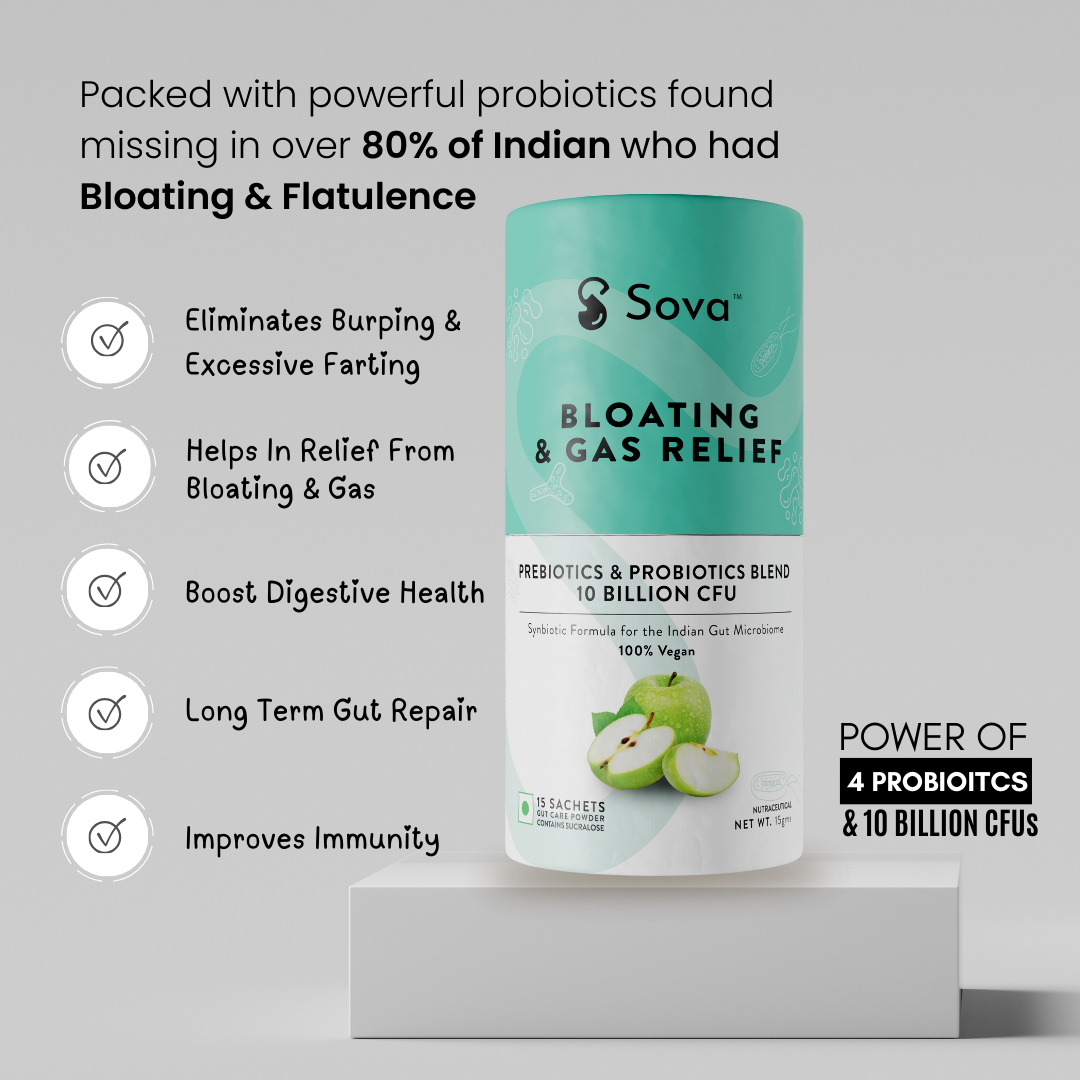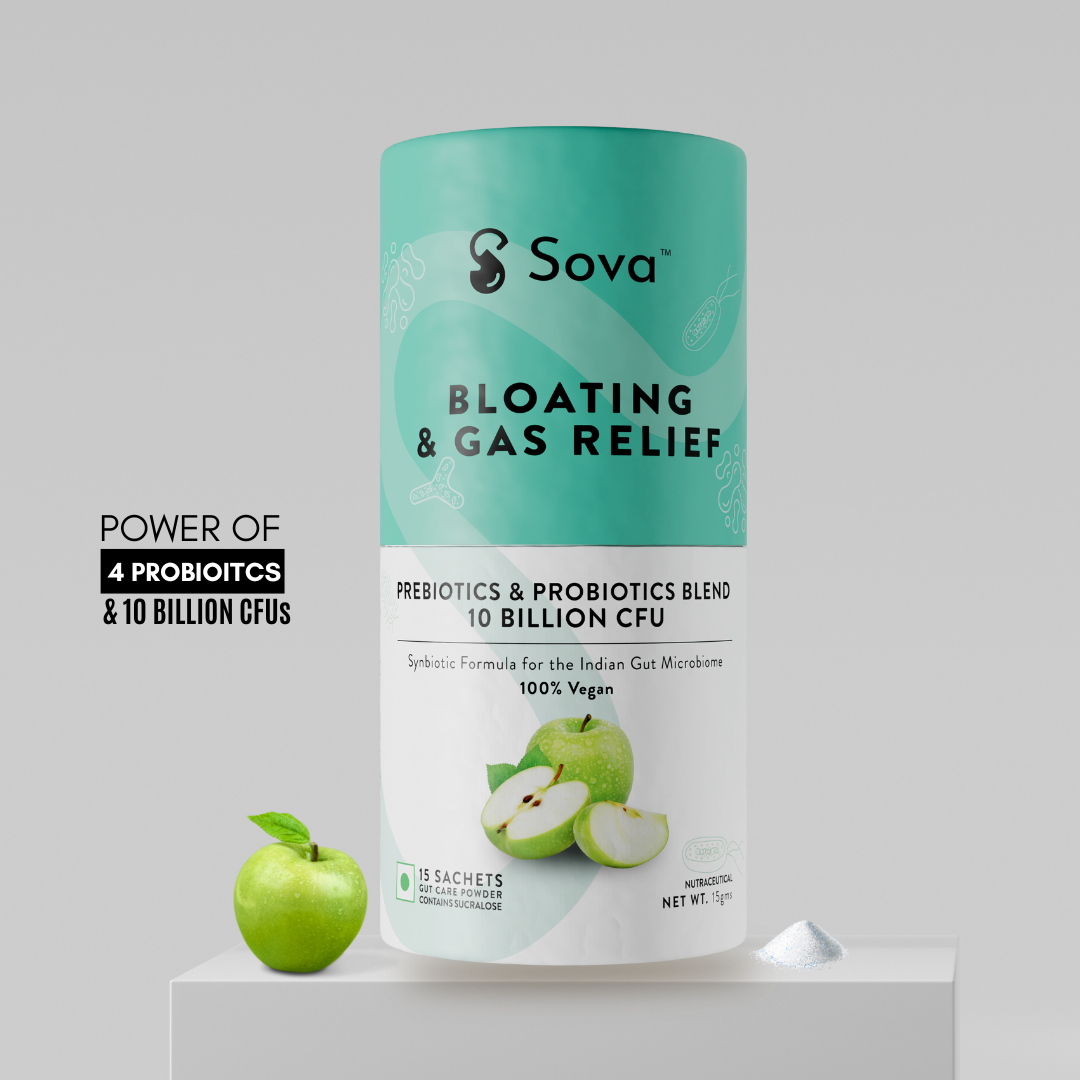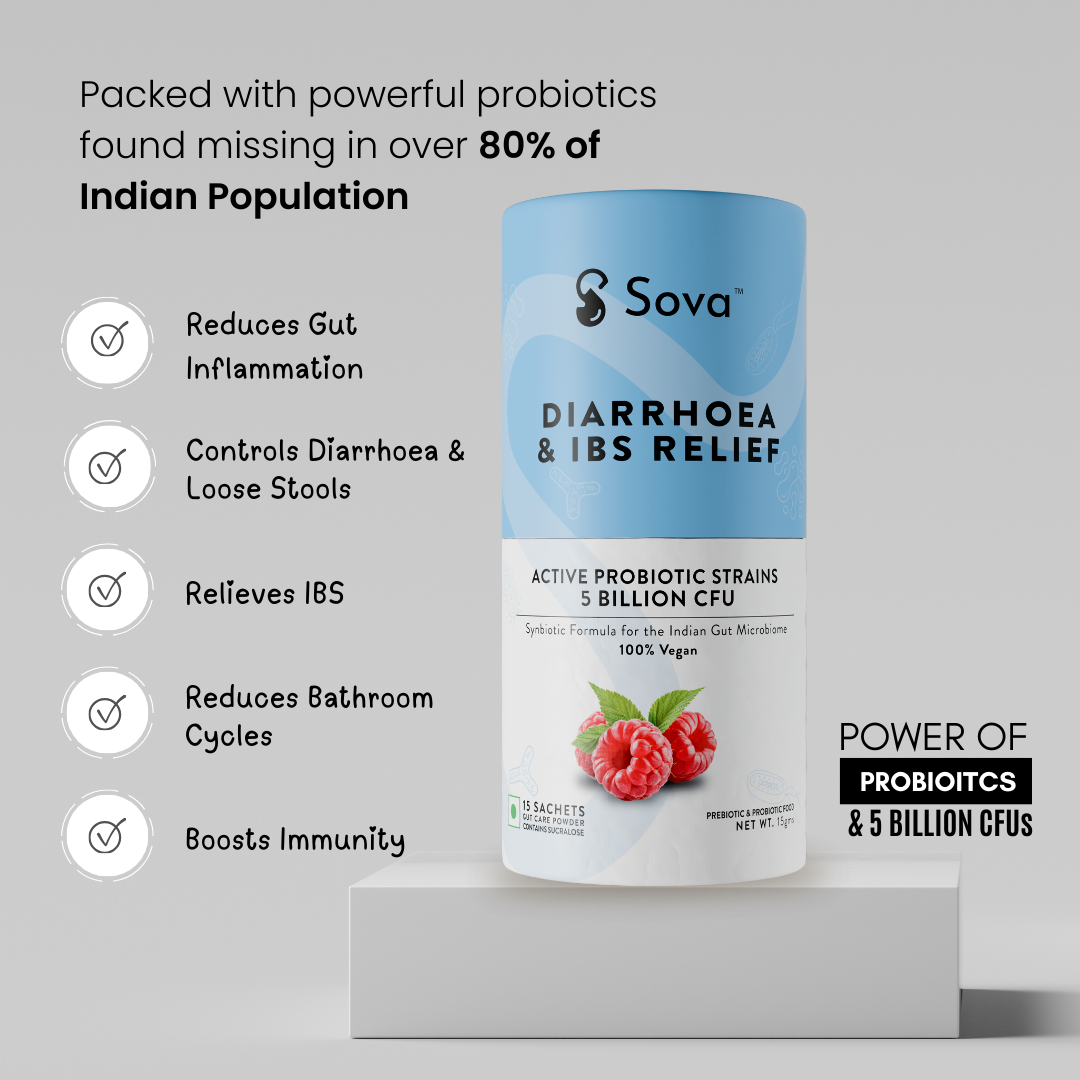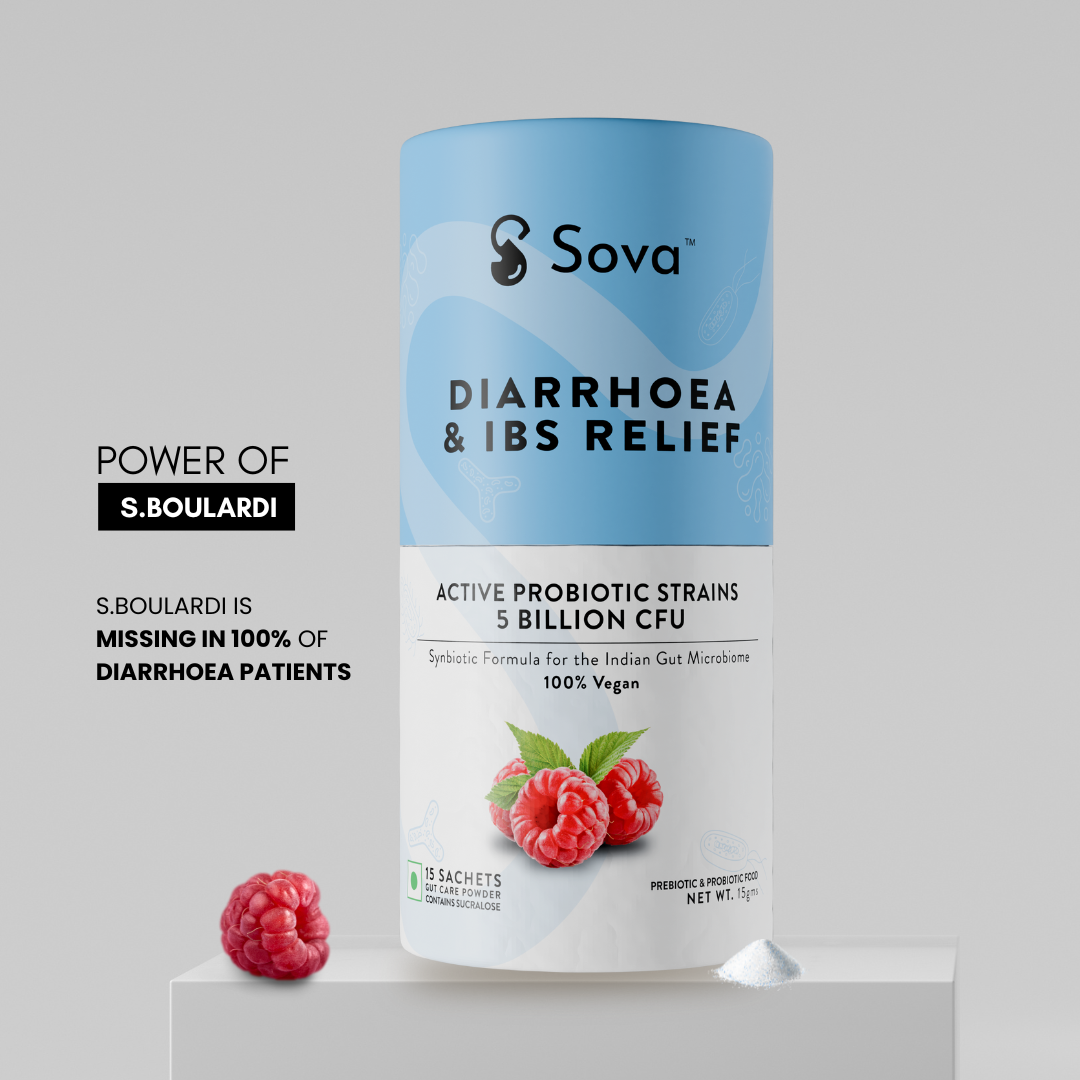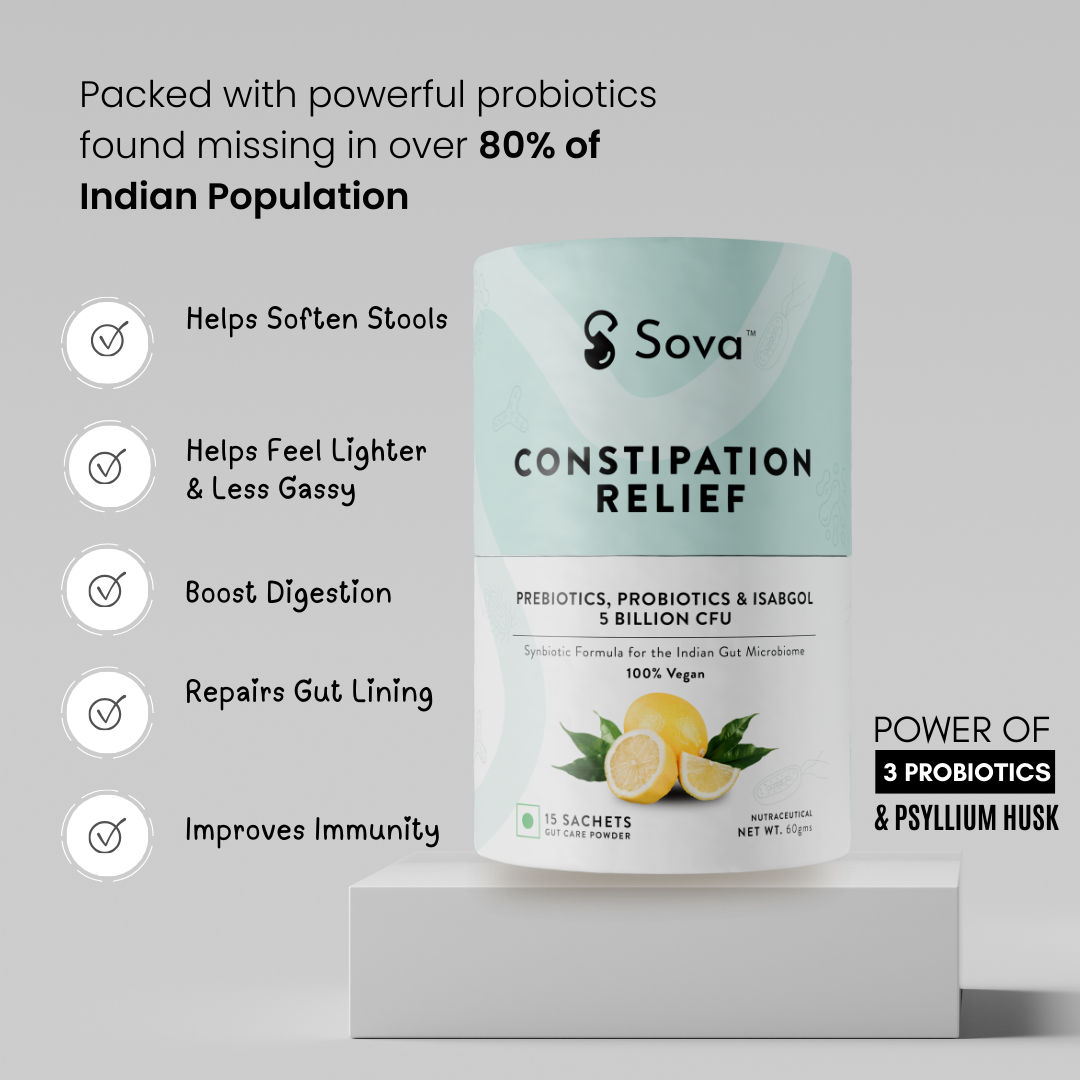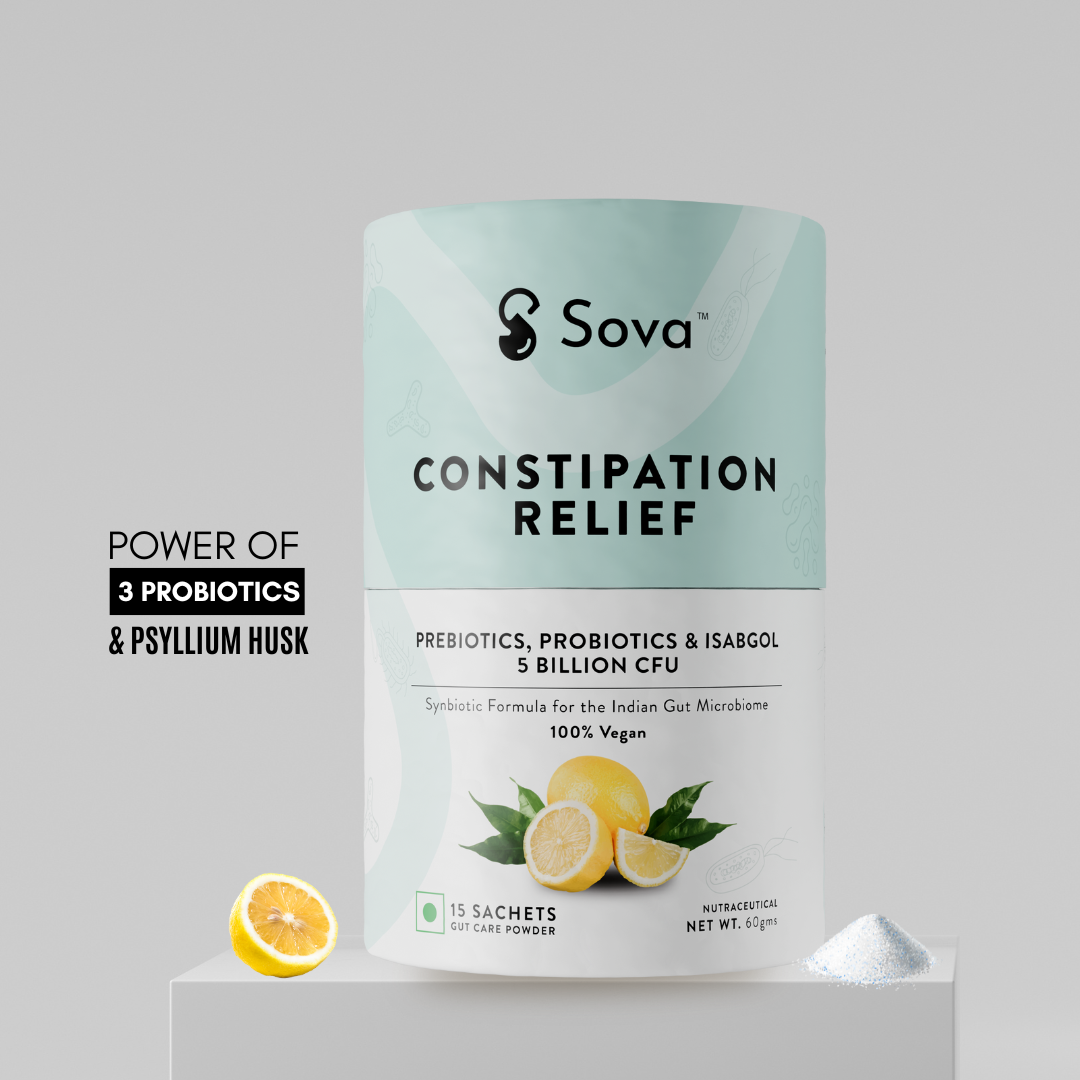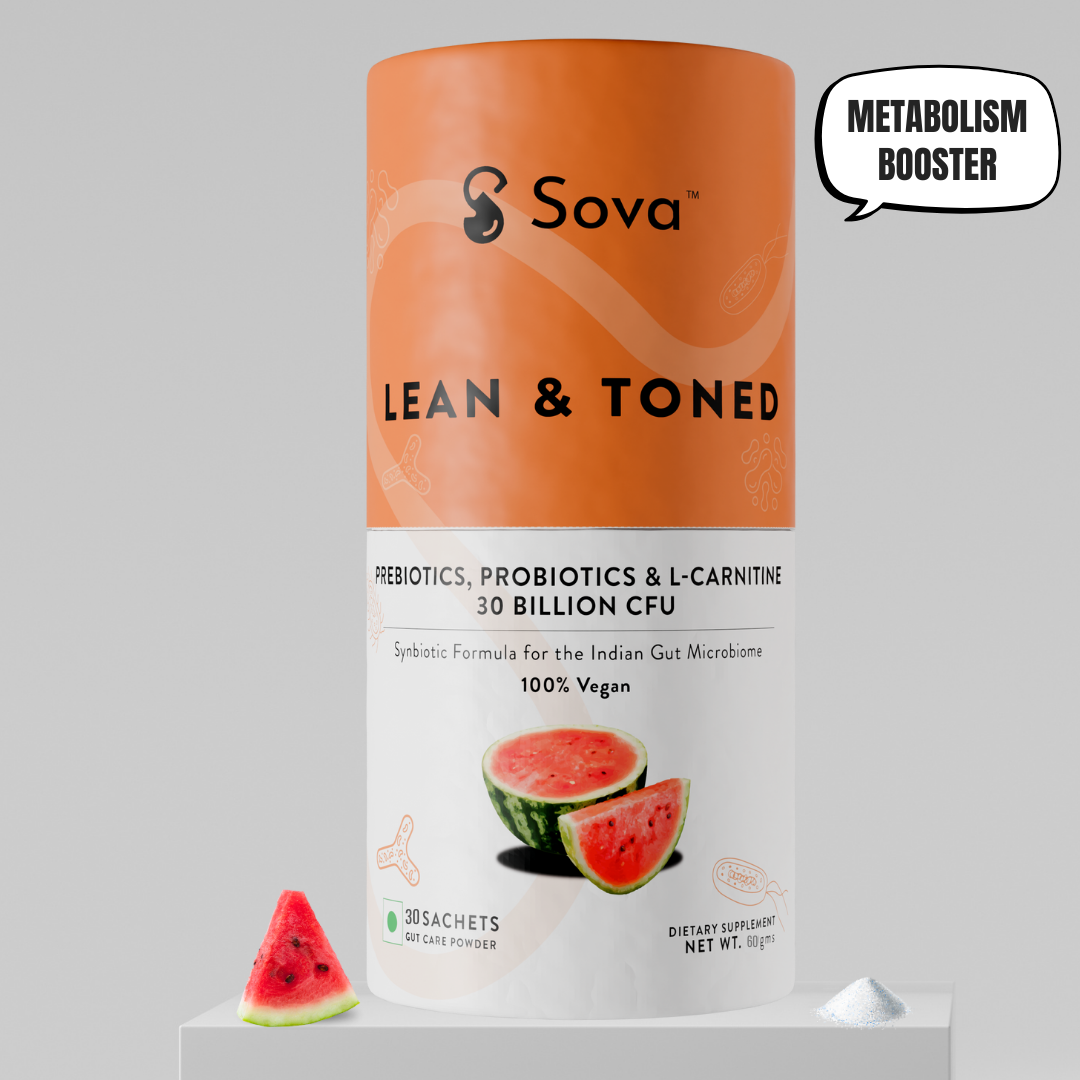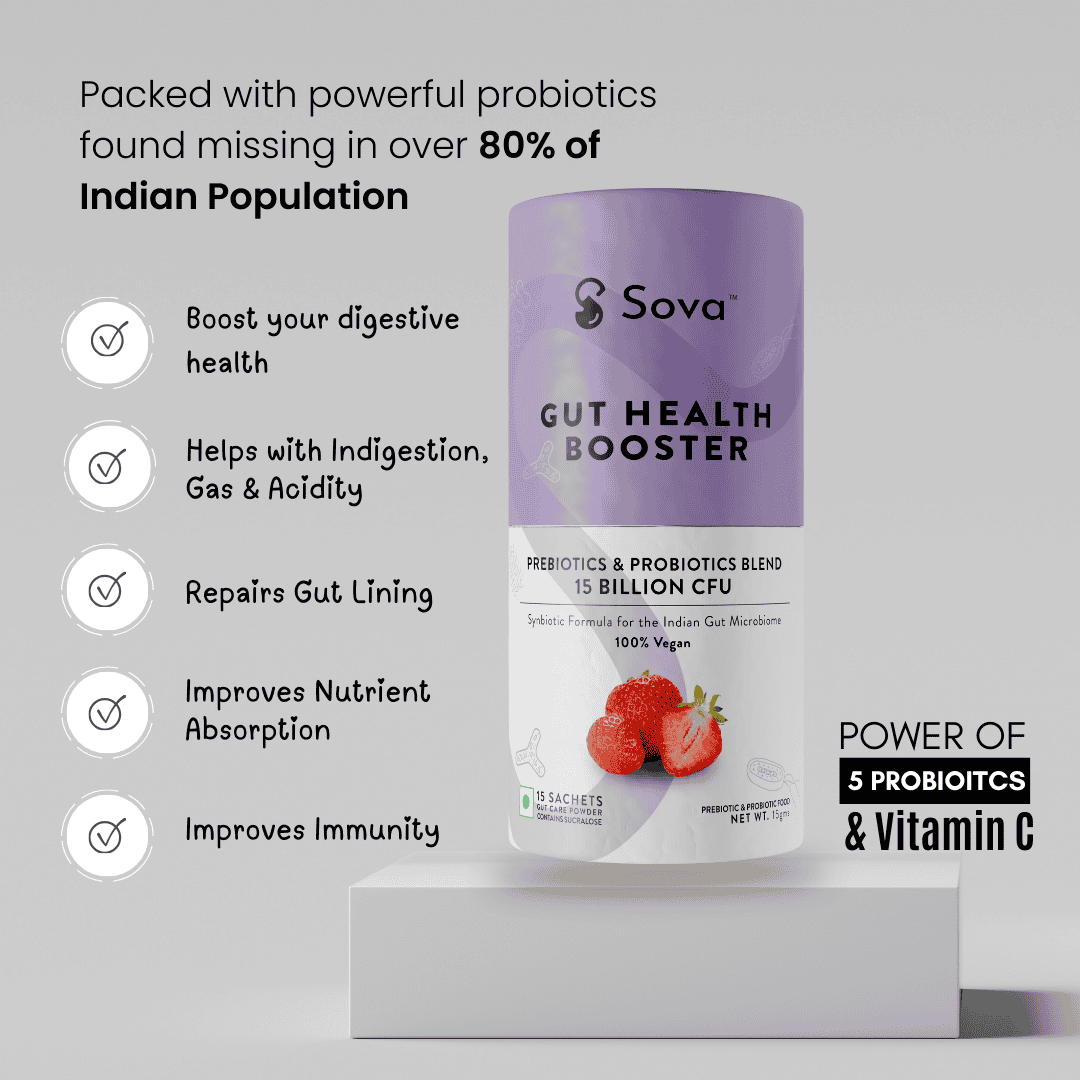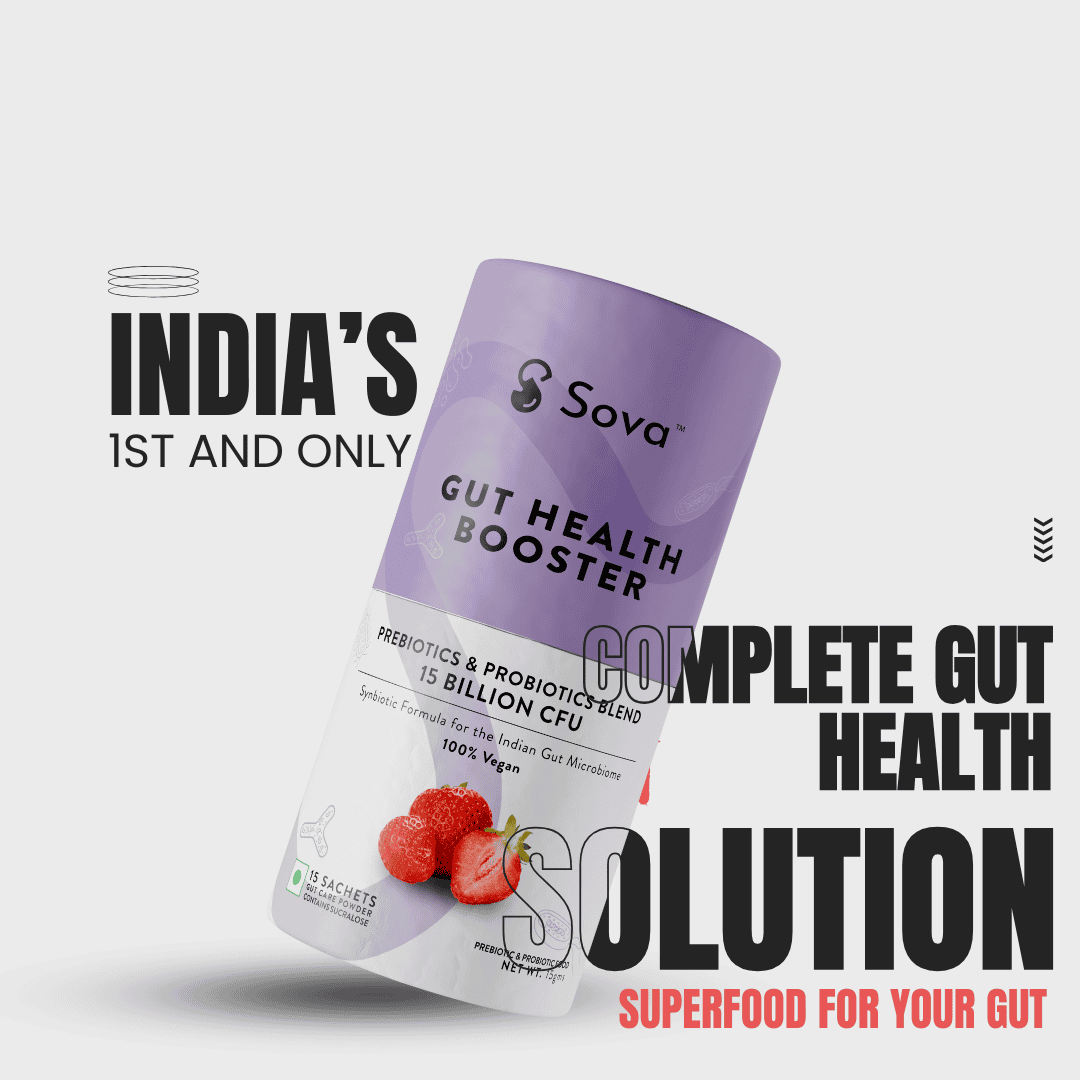Believe it or not, flatulence is not just a gross result of digestion; rather, it’s the gas that your gut bacteria burp out after a satisfying meal. Your digestive system is home to billions of bacteria that make up your microbiome. These little critters play a crucial role in breaking down the food we eat and turning it into essential nutrients that our bodies can use.
However, as a byproduct of this process, carbon dioxide, methane, and hydrogen are produced, and when these gasses build up in the intestines, flatulence occurs. Flatulence refers to the accumulation of gas in the digestive system which causes discomfort and pain in the abdomen. Consuming an unhealthy diet and issues with the digestive system cause excessive flatulence. Immoderate flatulence causes much stress and discomfort.
Symptoms of flatulence
The amount of gas accumulation in the colon and its passing varies from person to person and on the diet. Flatulence is common among people but excessive amount of flatulence can be of concern. Excessive flatulence causes:
- A rumbling sound in the lower abdomen
- Loud fart sound
- Smell in the gas that is passed
- Frequent passing of gas
- Discomfort and pressure in the abdomen
Read more: natural cures for bloating: discover dietary and lifestyle changes for relief
Causes of gassiness

The primary cause of gassiness is swallowing air while eating or drinking which is released during burping. Gas is produced in the colon or the large intestine when carbohydrates such as fibers, starch, and sugar are fermented by the bacteria in the small intestine. Some of the gas is consumed by the bacteria and the remaining gas is released through the anus.
High fiber food
High-fiber foods are important to keep the digestive tract functioning properly, regulating the cholesterol and blood sugar levels but on the other hand, it also increases the production of gas. Some of the food that causes gas in the guts:
- Whole grains
- Fruits
- Vegetables
- Peas and beans
Dietary factors
- Substitutes of sugar: some of the substitutes of sugar or artificial sweeteners found in sugar-free foods and beverages such as sorbitol, xylitol, and mannitol cause extra gas in the colon.
- Carbonated beverages: stomach gas is increased by carbonated beverages such as beer or coke.
- Supplements of fiber: such as Metamucil that contain psyllium which increases the amount of gas in the colon.
- Eating habits: unnecessary air is swallowed while chewing fast, chewing gum, chewing with a straw, and talking while chewing which is one of the reasons for gas in the gut.
Medical conditions
Bloating, gas pain, and intestinal gas may be increased by some of the medical conditions such as:
- Constipation: Passing gas becomes difficult because of constipation
- Gastroenteritis and other Chronic intestinal disease: ulcerative colitis, Crohn's disease, and diverticulitis are chronic intestinal diseases that release extra gas.
- Food intolerances: when the digestive system is unable to break down complex food such as sugar in dairy products or proteins, it causes bloating.
- Overgrowth of Small bowel bacteria: an increase in the unhealthy bacteria in the gut or a disbalance of the good and bad bacteria can lead to an increase in gas, weight loss, and diarrhea.
- Antibiotics: excessive consumption of antibiotics can disturb the biome of the gut which causes flatulence.
- Laxative: frequent and unnecessary use of laxative causes flatulence.
- Other causes: pregnancy, endometriosis, hernia, premenstrual syndrome, pancreatitis, and Hirschusprung disease are some of the other flatulent causes.
Why do some foods seem to produce more gas than others?
The answer lies in the way that different food types interact with our gut bacteria
High-fiber foods like beans, lentils, and broccoli are known culprits for causing more flatulence. This is because the bacteria that digest fiber release more gas than bacteria that digest other types of food. Similarly, lactose found in dairy products can cause increased flatulence in people with lactose intolerance, as lactose-breaking bacteria emit more gas than other bacteria.
It is advisable to seek medical concern if:
- Frequent occurance of flatulence
- Increased amount of gas build up
- Appearance of More complex symptoms
- Bloated sensation and feeling in the abdomen
- Gradual additional symptoms apper which indicates underlying digestive condition
- Persistent and continuous flatulence is a symtoms for irratable bowel syndrome
Remedies to decrease gas in the gut
The gas in the gut which passes out as flatulence can be controlled by modifying diet and lifestyle. Some of the remedies to control the causes of gassiness are :
- Avoid eating food with high carbohydrate content a it cannot be adsorebd. Some of the simple food that contain carbohydrate that are easily digestible are eggs, rice, grapes, lettuce and tomato.
- Having natural probiotics or probiotic supplements with meal
- Eat fermented beans to control flatulence as they contain minimal soluble fiber and an increased nutritional content .
- Avoid consuming dairy products with high lactose content
- Practice doing regular exercise to activate the digestive system and maintain proper functioning of the same.
- Avoid chewing gums, smoking, eating rapidly as it enables swallowing air which produces gas.
Conclusion
When the anal passage acts as a medium to release the accumulated gas in the stomach, it is known as flatulence. The accumulation of gas in the digestive system is due to the swallowing of air while eating or any such activities. Gas can also be built up when the bacteria break down food in the large intestine. These unwanted gases can also increase due to consuming food that has a high content of fiber, sugar, and starches and are difficult to be broken down for digestion. The gas in the gut can be controlled by modification in the diet and lifestyle.
Visit and explore our products in sova health. Our diverse products related to specicific concerns and the various probiotic supplements thats aims at helping people with different health issues makes us unique in the market of personal wellness. Our website also unite our customers on different blogs related to various health realted concerns.
So, the next time you feel a rumble in your tummy, just remember that it’s simply your gut bacteria hard at work. And if you want to minimize the amount of gas that they produce, consider making better dietary choices. But don’t be embarrassed by the occasional fart; it’s a natural biological function that we all experience. So go ahead and let one rip!

